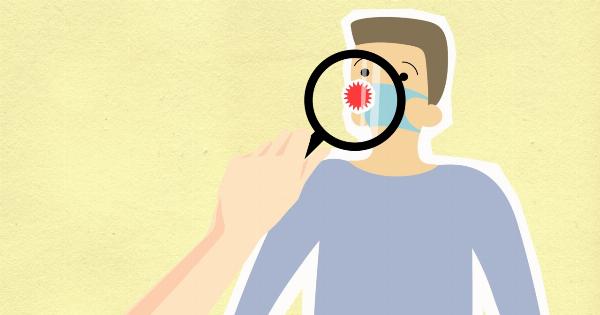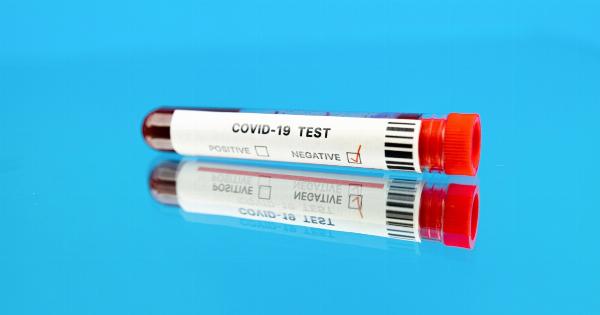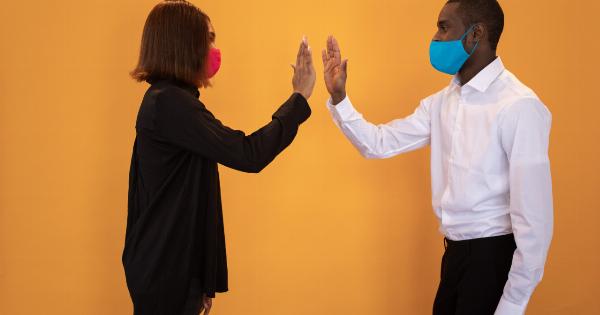The flu season is never something to be taken lightly, but this year has been particularly harsh. As of January 25th, 2020, the flu has claimed the lives of 103 people in the United States alone. This number is expected to rise as the season continues.
What Causes the Flu?
The flu, short for influenza, is a highly contagious virus that affects the respiratory system. It is spread through the air when an infected person coughs, sneezes, or talks.
It can also be contracted by touching a surface contaminated with the virus and then touching your mouth, nose, or eyes. The flu virus is constantly changing, which makes it difficult to develop a vaccine that offers complete protection from all strains.
Who is at Risk?
While anyone can contract the flu, certain populations are more susceptible to severe illness and complications. These include:.
- Children under 5 years old
- Adults over 65 years old
- Pregnant women
- Individuals with weakened immune systems
- People with chronic illnesses such as asthma, diabetes, and heart disease
What are the Symptoms of the Flu?
The symptoms of the flu can vary from person to person, but generally include:.
- Fever
- Cough
- Sore throat
- Runny or stuffy nose
- Body aches
- Headache
- Fatigue
- Some people may also experience vomiting and diarrhea, although this is more common in children than adults.
How Can You Protect Yourself?
The best defense against the flu is to get vaccinated. The flu shot is recommended for everyone over 6 months of age, with rare exceptions.
The vaccine is most effective when received early in the flu season, but it’s never too late to get vaccinated.
In addition to getting vaccinated, there are several things you can do to protect yourself and others:.
- Wash your hands frequently with soap and water for at least 20 seconds. If soap and water are not available, use an alcohol-based hand sanitizer.
- Avoid close contact with people who are sick.
- Cover your mouth and nose with a tissue when you cough or sneeze, or use the inside of your elbow.
- Stay home from work or school if you are sick.
- Clean and disinfect frequently touched objects and surfaces, such as doorknobs and light switches.
What Should You Do if You Get the Flu?
If you do contract the flu, it’s important to seek medical attention as soon as possible.
Antiviral medication can help lessen the severity and duration of your illness, but it’s most effective when taken within 48 hours of the onset of symptoms.
In addition to taking medication, it’s important to stay hydrated and get plenty of rest. Stay home from work or school until you have been fever-free for at least 24 hours. This will help prevent the spread of the virus to others.
Conclusion
The flu can be a serious and sometimes deadly illness, but there are steps you can take to protect yourself. Get vaccinated, practice good hand hygiene, and stay home if you are sick.
If you do contract the flu, seek medical attention as soon as possible.



























